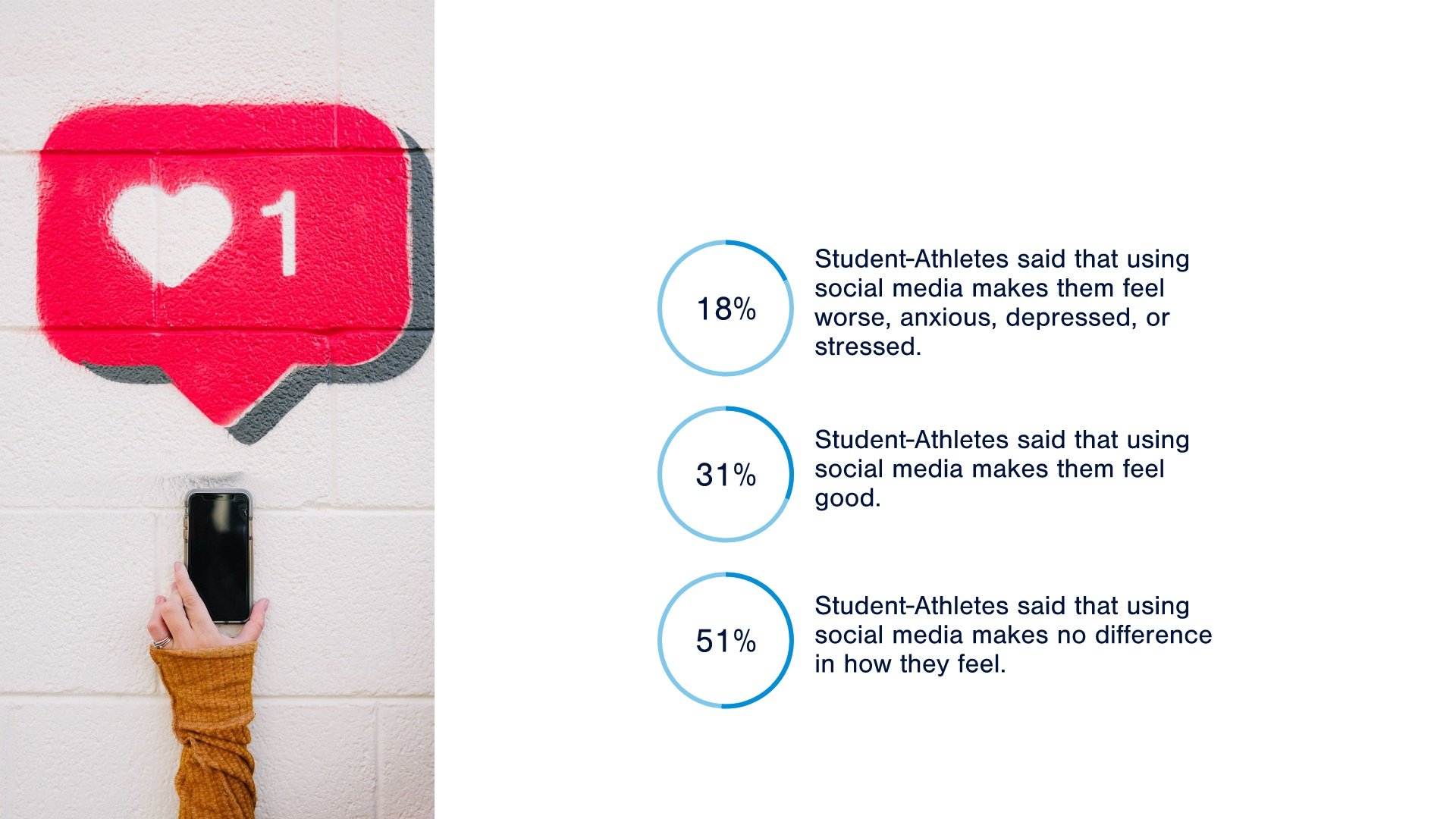Student-Athletes & Social Media: Frank Zappa, Dee Snider, and John Denver Walk into the Senate
Are We Becoming Our Generation’s PMRC?
If you’re 45 or older, you may recall the day in 1985 that musicians Frank Zappa, Dee Snider, and John Denver (how about that trio!) went to-to-toe with Tipper Gore in one of the most viewed Senate hearings in history. The fight was about Gore’s “Parents Music Resource Council’s” claims that heavy-metal music lyrics led to real issues like child sex abuse and teen suicide. The YouTube videos from those hearings are both funny and uncomfortable to watch with the benefit of hindsight (here’s one if you’re interested.)
In that moment 35 years ago, nearly half of Americans agreed that “objectionable content” in rock and rap music had a negative effect on the behavior of young people. But researchers had not proven the correlation between music lyrics and teen behavior (nor was that correlation ever made.) Yet it still led to the powerful Record Industry Association of America to put stickers on records, tapes, and CDs with “objectionable content.”
Which leads me to social media.
There is an old saying – that I don’t know who to attribute to – that says, “Listen as if you may be wrong.” With just a tinge of doubt about what you know, allowing yourself that there might be more to know. I’m going to respectfully ask you to try to do that here, knowing that about 80% of you are still going to disagree in the end – but here we go.
Here’s what most of us believe about social media:
It harms the mental health of young people
It contributes to lower self-esteem
It’s leads to an increase in or an opportunity for bullying
Because so many of us believe this – and repeat it to each other with such frequency – that it becomes “truth.” But it’s not fact. It’s opinion. Some of those opinions are informed (for instance, most Coaches have a front row seat to their student-athletes’ relationship with social media.) But many of our opinions are not informed with any special expertise, insight, or access to young people.
With over 20 years to study it, you’d think we’d have more proof. Friendster was launched in 2001. By 2006 Myspace was the most popular website in the world. By 2008, Facebook was the 800-pound gorilla. So researchers have been working for two decades to identify the connection between social media and the mental health of young people. And here is the thing you probably don’t know: the research is inconclusive and the scientific community continues to have a genuine and thoughtful debate about it. And here is the thing that you will probably disagree with: we do not know that social media use results in anxiety or depression.
You will have no problem finding studies about the negative effects of social media, including Facebook’s own leaked documents. But there is a vast amount of research, notably from highly respected researchers like Candice Odgers (psychologist who studies adolescence at University of California, Irvine and Duke University) and Vicky Rideout (researcher who has published more than two dozen studies on young people and media use) who have found few or inconclusive correlations.
Which leads to my survey data this month.
In October, I surveyed 1,200 student-athletes. Both male and female in DI, DII, and DIII. 18 sports were represented.
18% of student-athletes said that using social media makes them feel worse, anxious, depressed, or stressed.
31% of student-athletes in the survey said that using social media makes them feel good (not anxious, depressed, or stressed.)
51% of student-athletes said that using social media makes no difference in how they feel.
As researcher Vicky Rideout mentions in her studies on this topic, “Of course self-reports from young people by themselves are in no way a definitive measure of the role of social media in adolescent depression – but neither should youth voices be excluded or rejected out of hand. Indeed, we think they are an important component of the national dialogue.”
The point is that the two last groups – the 31% and the 51%, totaling 82% of all respondents - are almost never mentioned in media coverage nor part of our conversations about the effects of social media on student-athletes.
Before you send me that email.
I know you want to send me an email and tell me I’m wrong – no problem, I will read every one. But know these three things:
I have two adolescent daughters who are my world I and take mental health very seriously
I’m married to a social worker who specializes in adolescent mental health – I don’t go a week without having a sobering dinner conversation about teen suicide
I only want us to reconsider making social media the boogeyman so that we can ensure we spend our time and energy supporting student-athletes in the best way possible
…ok, send it.



